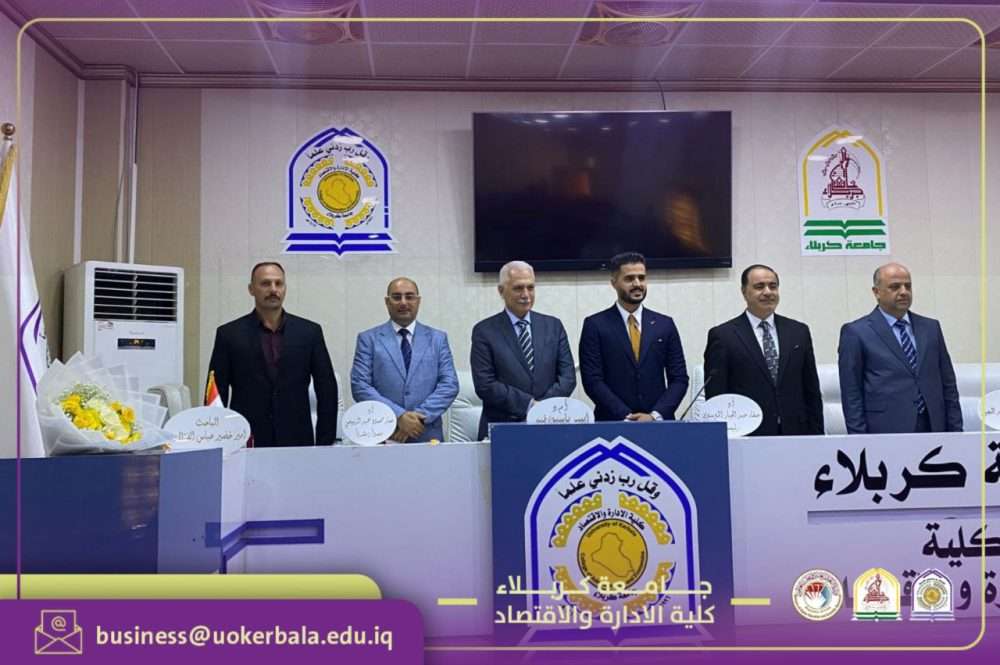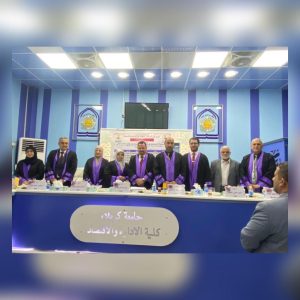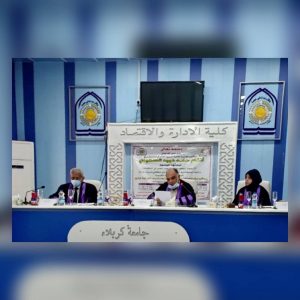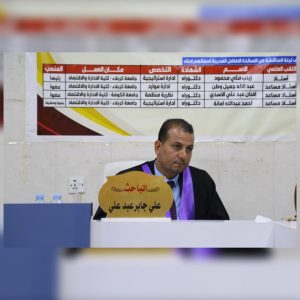The role of the exchange rate in enhancing tourism competitiveness in selected countries, with special reference to Iraq
A Thesis To the Council of the College of Administration and Economics- University of Karbala, which is part of the requirements for obtaining a master’s degree in economic sciences
Submitted By
Ameer Khudair Abbas Al-fatlawi
Supervised by
Proff. Dr.Ammar Mahmood Hameed AL_Rubayie
Abstract
The tourism sector is gaining significant attention globally as a key revenue source due to its rapid growth potential at both national and international levels. Countries are striving to improve their rankings by developing resources and enhancing tourism competitiveness. This research explores the role of exchange rates in boosting tourism competitiveness in selected countries (Iran, Turkey, and China) and examines how exchange rates affect their global rankings according to the World Economic Forum’s Travel & Tourism Competitiveness Index (TTCI).
The analysis of these countries’ experiences indicates that higher foreign exchange rates enhance tourism competitiveness; a lower local currency value makes local goods and services more attractive to foreign tourists, supporting tourism growth and improving a country’s competitive standing. The TTCI includes various sub-indicators, such as infrastructure, enabling environment, natural resources, and technology.
The research is based on the hypothesis that exchange rates influence tourism competitiveness by making the local currency’s lower value advantageous. This study also examines Iraq’s tourism competitiveness using indicators like hotel availability, tourist numbers, workforce, and revenue. The findings reveal that a lower local currency value generally correlates with increased tourism competitiveness, as it makes goods and services more affordable for tourists, increasing arrivals and improving the country’s ranking.
The study suggests that Iraq could enhance its tourism competitiveness by drawing on other countries’ experiences, thereby boosting the sector’s role in the national economy. It recommends establishing an independent authority to develop Iraq’s tourism competitiveness, producing regular competitiveness reports, and focusing on infrastructure and tackling administrative and financial corruption, both of which hinder sector development. Notably, Iraq is absent from global tourism competitiveness reports, such as the World Economic Forum’s TTCI, due to a lack of accurate and comprehensive data, despite Iraq’s rich natural, cultural, and historical assets that could place it strongly in the global tourism market.































































